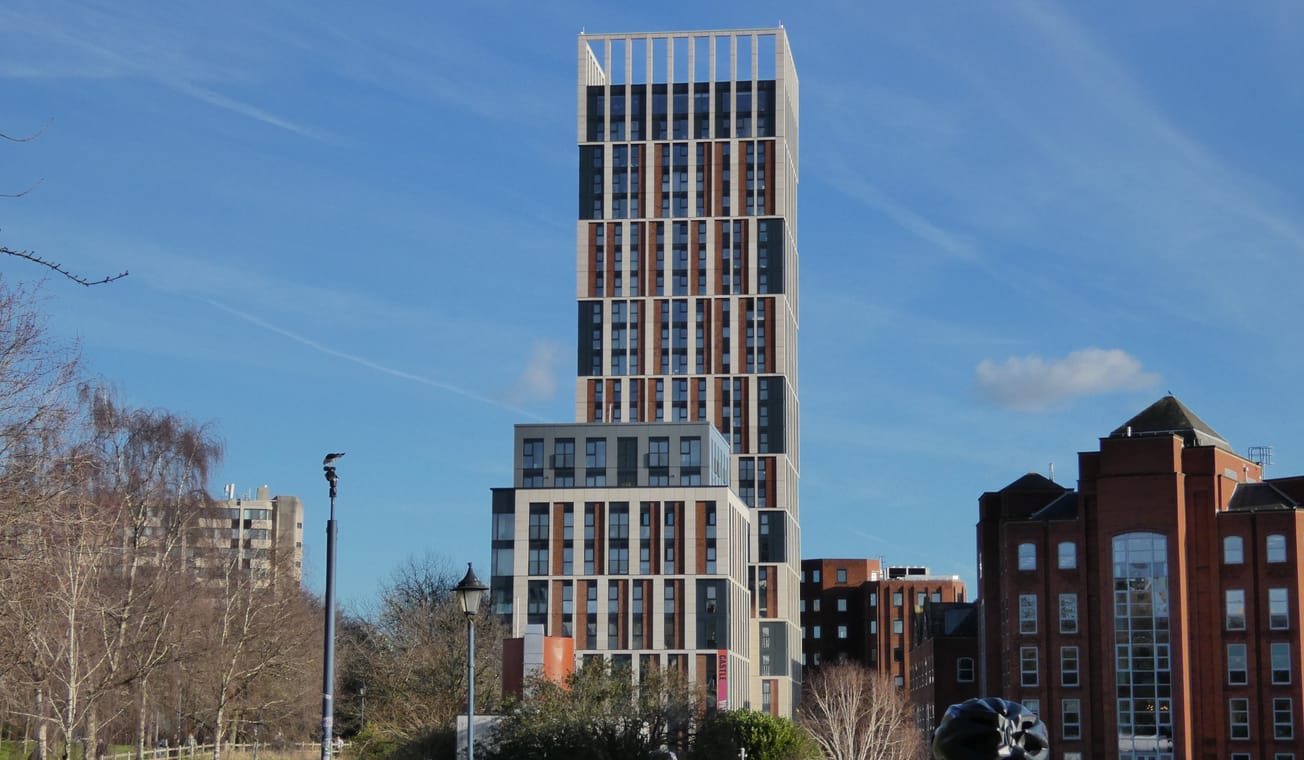By Meghan Bryant, MA History and Philosophy of Science
Brexit has finally come to fruition, and as such, the practical consequences of leaving the EU are slowly coming to light. The years of uncertainty regarding what lay in store for EU students already studying, or hoping to study, in the UK are coming to an end. With international fees applying to EU students from 2021/2022, a sharp loss of students choosing to study in the UK is expected.
However, based on similar historical instances, it may be that higher fees could play into the belief that an expensive education is more valuable. As a consequence, institutions could be incentivised to recruit more students. Though, it is unlikely that such an effect will aid in recruiting PhD students. In fact, the changes brought about by Brexit, against the backdrop of a global pandemic, may have serious consequences for the long-term prospects of UK academia.
Charging an international PhD student £20700 a year for the facilities they can't access is also daylight robbery. I gotta get my money back from the greedy School of Chemistry at the University of Bristol. https://t.co/vU8lz5mkQr
— Lingfeng (@LingfengGe) January 15, 2021
Pre-Brexit, EU students wishing to complete their PhD in the UK would generally be afforded the same support as UK home students. UK home fees would apply to such students, as would the opportunity to apply for funding, covering fees and living expenses via a stipend. As a result of the availability of these opportunities, EU students make up 16 per cent of all postgraduate research students within the UK.
However, post-Brexit, the funding opportunities available to EU students are far more restricted. First, EU students will only be eligible for UK home fees if they have a settled, or pre settled status, which can be applied for if one moved to the UK before the 31st of December 2020.
Otherwise, all EU students wishing to complete a PhD in the UK from 2021/2022 must pay international fees. Whilst international students are able to apply for funding, including a stipend to aid in living expenses, their fees will only be covered up to the amount of £4,407 per annum, leaving a shortfall of up to £10,000 per annum to be covered by the individual. Over the course of a 3- or 4-year programme, the total shortfall is at least £30,000.
New Year, New Lockdown... 🔒
— Bristol SU (@Bristol_SU) January 5, 2021
We know last night's lockdown news will affect you all in different ways, and we hope you're safe and well wherever you are 💙
Stay up to date with how we're supporting you at https://t.co/YhKT1Dn3si pic.twitter.com/2JzypkyCQ3
Due to the uncertainty leading up to Brexit, the rate of EU post-graduate research enrolment in the UK decreased by 9% in 2018 and again in 2019. As this downward trend is expected to continue, fears over a Brexit induced brain drain are rising. The substantial extra cost of studying in the UK combined with remaining uncertainties, such as the availability of EU research funds and an individual’s right to remain after studying, may induce a potentially huge loss of talent.
Students completing postgraduate research directly contribute to the UK’s research capacity, so such losses hold long-term implications for UK research and academia. Additionally, not only will such changes serve to encourage EU PhD students to study elsewhere, but the increase in fees will restrict the pool of students who chose to study in the UK to those who can afford the £30,000 shortfall. Whilst maintaining a part-time role alongside one’s studies may be an option; it is unlikely that such a large amount of money can be accounted for in this way. As such, elitism in UK academia may become far more pronounced.
All EU students wishing to complete a PhD in the UK from 2021/2022 must pay international fees.
Finally, the implications of such changes occurring against the backdrop of a global pandemic for EU students are particularly concerning. For instance, with the University of Bristol offering a primarily online learning experience, EU masters students who have been unable to travel to the UK due to the impact of Covid-19 have generally been able to continue with their degrees.
However, if such students wished to complete their PhD in the UK, they would have had to move to the UK before the 31st of December or personally fund the £30,000 shortfall. Such a decision, involving trying to balance one’s safety and future career in academia, will have been faced by many talented students last year.
The devastating impact of Covid-19 on local businesses in Bristol
Living abroad, troubled mind and troubled homes: why the ‘just go home’ philosophy doesn’t necessarily work for everyone
It is generally considered that high quality research is produced within diverse and international settings. John Dainton, a professor at Lancaster University, describes the best research as ‘about people in different places and fields pushing to get answers to big questions.’ Therefore, though the true impact of such Brexit-induced changes won’t be fully revealed for a few years, the consequences of a smaller, restricted cohort of PhD students studying within the UK are concerning.
Featured Image: Epigram / Imogen Horton









